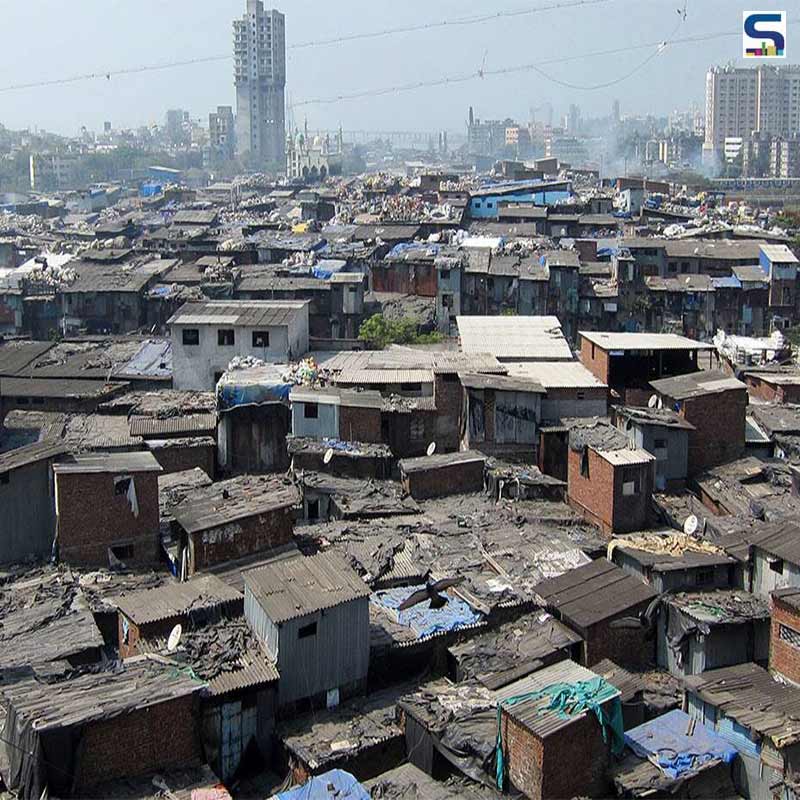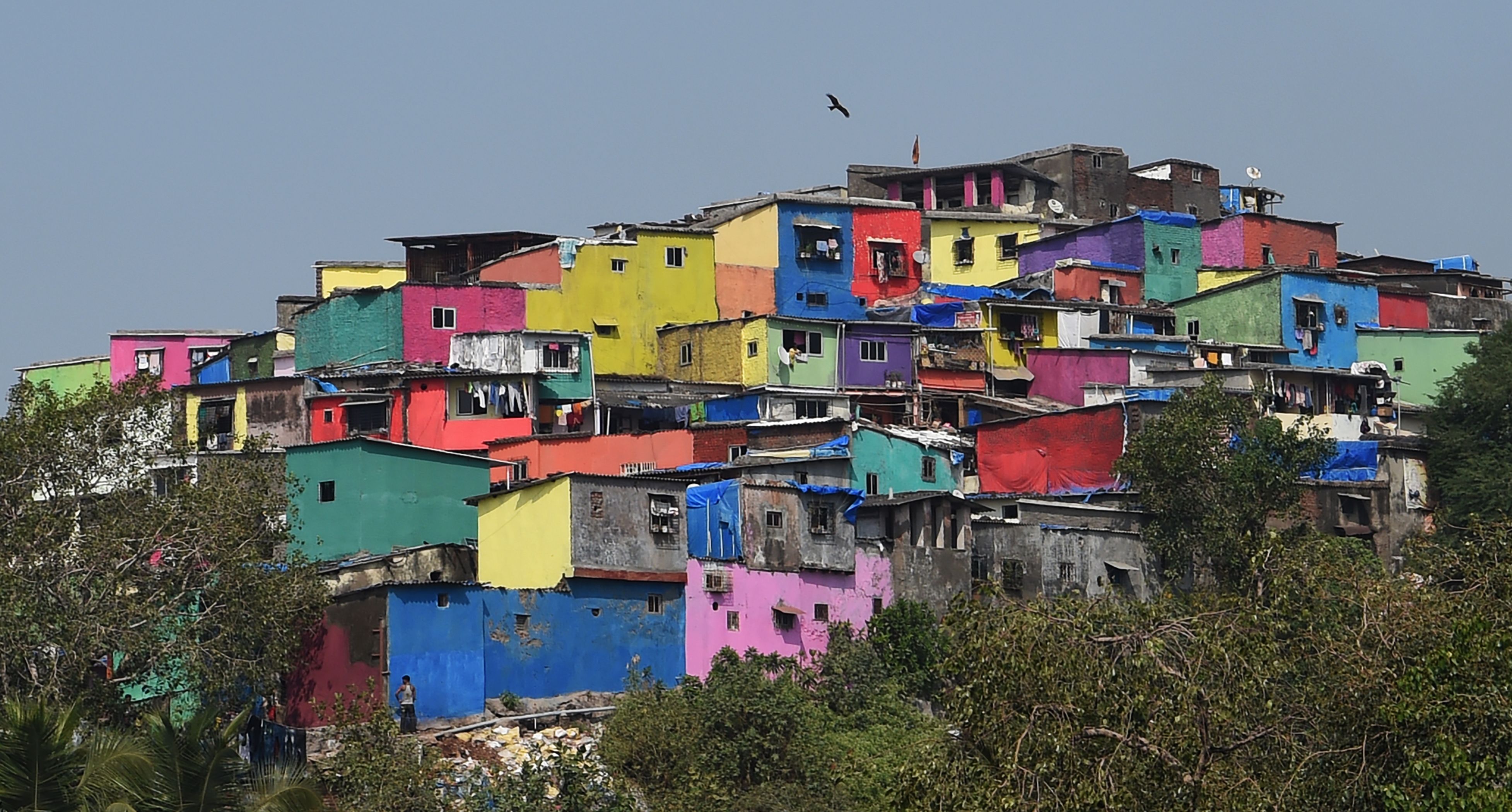
The Adani Grou[p won the bid to rehabilitate Dharavi-one of the most densely populated slums in the world- with Rs 5,069 crore. Interestingly, The Group lost the bid for the project last year in January. SURFACES REPORTER (SR) presents a detailed report on this project and the reasons for this delay.
Also Read: Wipro Lighting Joins Hands With Aura Air To Allow Enterprises To Have Fresh Indoor Air
The redevelopment of Dharavi slum clusters, which is home to approx. fifty-eight thousand families and around 12,000 commercial establishments- has been stuck for not one or two years but for almost two decades. “Dharavi is the world's largest urban renewal project. It took 14 years just to complete the bidding process for the project,” said SVR Srinivas, CEO of the Dharavi Redevelopment Project.
Situated on prime real estate site, the project redevelopment has a green signal. And its remodeling work has been awarded to Adani Group.
Confirming the news, SVR Srinivas states, “The Adani group proposed Rs 5,069 crore for this project, followed by Rs 2,025 crore from the DLF group. In the final auction, only Adani and DLF qualified. The third, the Naman Group, was unable to attend.”
What is Dharavi Redevelopment Project?
Spanning an area of 2.8 sq km, Dharavi is just next door to the Bandra-Kurla Complex- India’s most premium business district- a place where commercial office rentals are generally the highest in the nation. The area is also home to the most important stock market in India.
The state government had planned to transform the slum area, home to unorganized leather and pottery industries employing over a million people, into a group of high-rise buildings with improved urban infrastructure. The process will involve resettling 68,000 people, including slum dwellers and business owners.
 The state government will offer 300-square-foot dwellings for free to those who come with proof that their slum construction had been in place earlier to January 1, 2000, while those who relocated to Dharavi between 2000 and 2011 will be given new homes at the cost of construction.
The state government will offer 300-square-foot dwellings for free to those who come with proof that their slum construction had been in place earlier to January 1, 2000, while those who relocated to Dharavi between 2000 and 2011 will be given new homes at the cost of construction.
Those who settled after 2011 can also get a house under ‘Hire Purchase' scheme. Such people need first to take the house on rental and later they can become an owner. Until construction, the government will give them PAP outside Dharavi and they can get settled near Dharavi.
Who presented the initial proposal and when?
The BJP-Sena government first proposed to rehabilitate Dharavi in 1999. Architect Mukesh Mehta, head of MM Project Consultants Private Limited, first conceptualised the project in the 1990s. Subsequently, in 2003–2004, the Maharashtra government planned to create an integrated planned township, and an action plan for this was authorized soon. However, the Dharavi Redevelopment Project went on hiatus for the past 18 years.
In 1999, the BJP-Sena government first proposed to redevelop Dharavi. After that, the Maharashtra government decided to redevelop Dharavi as an integrated planned township in 2003-04, and an action plan for this was approved.
Also Read: Dalmia Bharat to Target 100% Production of Low-Carbon Cement in the Next Five Years
Why the redevelopment plan failed?
As per the approved Slum Rehabilitation Scheme, the plan was to develop Dharavi by using land as a resource to cross-subsidize the development cost through a selling element. The plan also includes the formation of a Special Planning Authority and informs the entire area as undeveloped.
In 2007, the government set up the Dharavi Redevelopment Authority (DRA) and passed global tenders for its construction. Around 101 firms took part in the bids. However, a state-appointed group of experts called it a “sophisticated land grab” and dismissed the idea. In 2011, the state canceled all bids and created a master plan. In 2018, the BJP-Sena government made a Special Purpose Vehicle for Dharavi and announced its reconstruction.
Another reason for the failure of the project was its eligibility. Much fewer legal entities met the requirements for the new homes than there was an encampment of huts in Dharavi. According to the BMC poll, only 37 percent were eligible for new homes. The process was canceled in 2011 due to the global recession. Further, a lack of clarity has caused many bidders to withdraw.
Bidders in 2022
Earlier, the redevelopment project had eight bidders, including institutions from the UAE and South Korea, who had joined the pre-bid meeting in October. Three of these eight bidders submitted a proposal for the project. These three bidders were: Adani Group, DLF Ltd., and Naman Group. Naman Group did not pass the eligibility criteria. The government wanted to choose a bidder after assessing both technical and financial eligibility and had set a minimum consolidated net worth stipulation of 20,000 crores.
The government will be investing Rs 100 crores while the rest of the amount developer will have to raise from the market. The winning bidder must create a special purpose vehicle (SPV) to complete the project. It is the developer’s responsibility to be careful about the physical infrastructure, roads, sewage and other amenities, along with taking care of the repair and renewal of the project. However, the government will partner in the project until its completion. Government officials will work as directors and assist the people residing in Dharavi.
Way Ahead
As now the Adani Group has won the redevelopment of Dharavi, the government is planning to complete the formalities soon so that the ground work on the project can start within six months.
Keep reading SURFACES REPORTER for more such articles and stories.
Join us in SOCIAL MEDIA to stay updated
SR FACEBOOK | SR LINKEDIN | SR INSTAGRAM | SR YOUTUBE
Further, Subscribe to our magazine | Sign Up for the FREE Surfaces Reporter Magazine Newsletter
Also, check out Surfaces Reporter’s encouraging, exciting and educational WEBINARS here.
You may also like to read about:
Can Plastic Fibres Mitigate Earthquake Damage?
World Toilet Day| Significance, Theme, Government Initiatives and Brand Concerns
Dalmia Bharat to Target 100% Production of Low-Carbon Cement in the Next Five Years
And more…